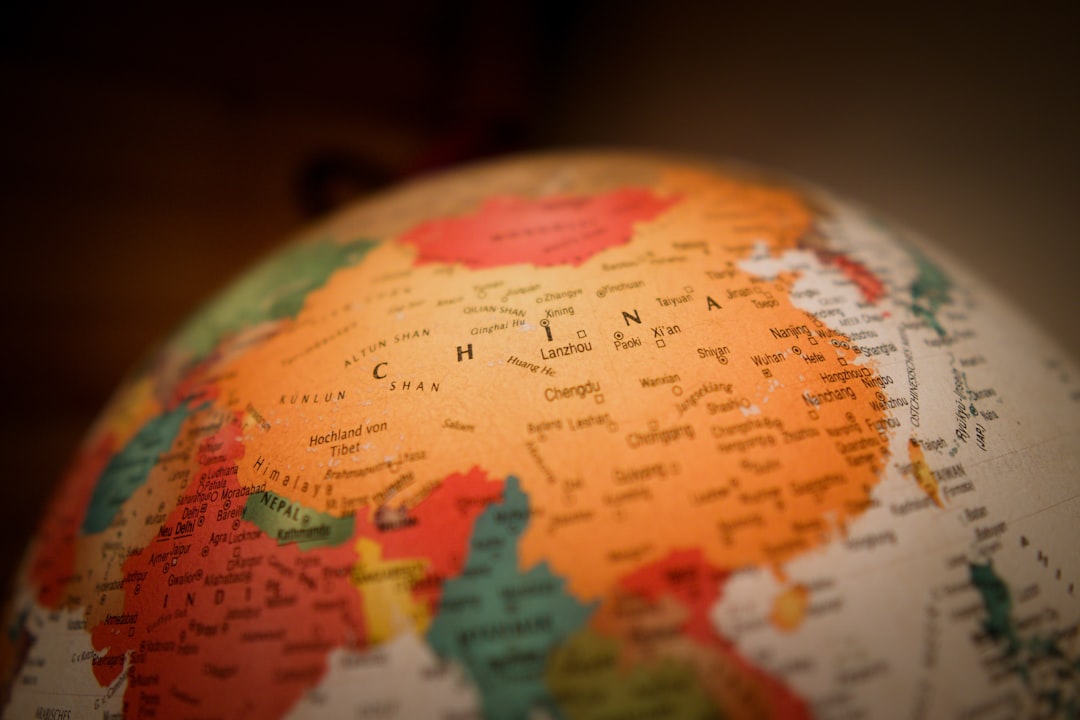Has Germany Really Reduced Its Dependence on China?
Germany promised to “de-risk” from China after Russia’s invasion of Ukraine. A year on, has Berlin actually reduced its economic dependence on Beijing?

Dear Reader,
For a few months in the latter half of 2022 Germany became obsessed with the idea of decoupling its economy from China. What was long poo pooed as dangerous populism à la Trump, suddenly became the correct opinion to hold in Berlin’s intellectual circles.
Russia’s invasion of Ukraine had exposed how dependent Germany was on powerful dictators looking to shake up the world order.
The country woke up to the fact that this could also be the case for China, which had risen to become Germany’s largest trading partner over the previous decade — a realisation that fed into a much wider debate about Germany’s changing role in the world, and whether the old assumption that trade guaranteed stability was still tenable.
An editorial published by Der Spiegel in late 2022 captured the mood of the time:
“The question is no longer whether there will be a new Cold War, but only when it will start and how much time we have to prepare…. Germany must take a side - China is not an option.
Decoupling will cost money and energy, but it is better to start now instead of trying to talk China up as a reliable partner. Many corporate leaders who cannot do without the Chinese market will demand that nothing changes. But politicians in Berlin should ignore them because they are acting like lobbyists for the Chinese state who are driven by short-term profit.”
Olaf Scholz was reluctant to let himself be pushed around by the media’s newfound love of isolationism. He visited Beijing in November of that year and repeatedly made clear to the Chinese government that he had no intention of forcing an abrupt end to business relations.
At the same time, he talked up a strategy of “de-risking” in which he encouraged German businesses to diversify their supply chains.
On a trip to Vietnam in late 2022, Scholz declared that: “We need to expand our markets, our supply chains, raw material sources and production locations so that we don't become dependent on individual countries and suppliers.”
While he was too polite to mention China by name, it was pretty obvious whom he meant.
Business bosses were keen to stress that they had received the message.
“Germany is far too dependent on China for mineral raw materials,” said Siegfried Russwurm, head of the Association of German Industry. “We need to reduce these dependencies quickly.”
Over a year has passed since then and the story has largely dropped from the top of the news agenda.
But has anything actually changed? A new report provides some answers…
Keep reading with a 7-day free trial
Subscribe to The German Review to keep reading this post and get 7 days of free access to the full post archives.


